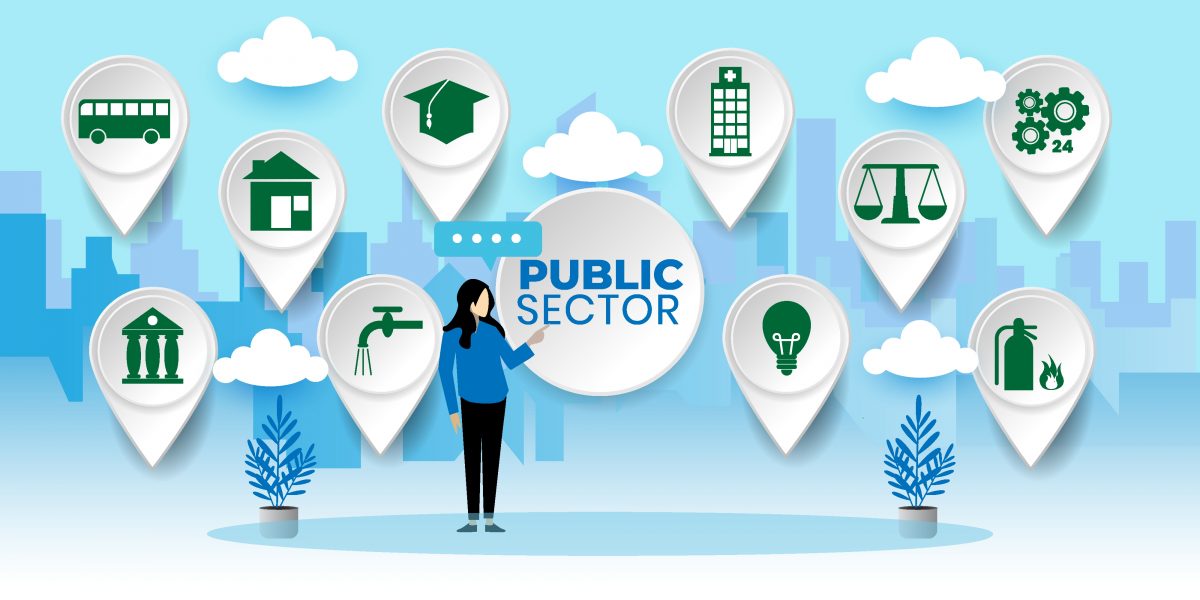Pushing the acceleration button to make deeper technology inroads in the country, the Indian government plans to replace the current IT Act with Digital India Act.
According to the Indian minister of state for Electronics and IT, Rajeev Chandrasekhar, the new Digital India Act will be a renewed policy for the digital ecosystem and cyberspace in the country.
Cyberspace in India is currently governed by the IT Act, which is a 22-year-old piece of legislation, and there was a need for a more contemporary Act.
“In the internet domain, 22 years is almost four or five centuries,”
Chandrasekhar said.
“There is a need for a new contemporaneous law that is the global standard and is consistent with India’s ambition to be a preeminent nation in the coming decades, in all matters – technology and all aspects of the innovation and technology ecosystem,”
he added.
According to the minister, the Indian government is focused on creating enabling frameworks and policies through a process of public consultation. The Data Protection Bill earlier submitted by the Joint Committee of Parliament, is currently being studied by the ministry and the government.
“We have just unveiled the national data governance framework and policy that is undergoing public consultation. We will shortly be rolling out cybersecurity policies and guidelines, and very shortly down the road, we’ll be working on a new Digital India Act which will be a renewed policy for the digital ecosystem and the cyberspace in India,”
he said.
Chandrasekhar also said that Big Tech platforms and all platforms that provide products and services online are accountable to citizens who are users and there are other challenges regarding the weaponization of the internet, especially since a large part of the economy and economic activity will be resting on and connected to the internet.
“I think the challenges going forward in jurisprudence (and) on the regulation of cyberspace are considerable,” Chandrasekhar said. “They range from informational protection and privacy on one end to the ethical use of technologies like AI on the other end of the spectrum, then you have challenges of openness and competition, vis a vis the big tech platforms, especially in the context of monopolies and duopolies are in-app stores and search engines.”
The minister maintained that the Indian government was clear that the internet and technology should be defined by openness, safety, trust, and accountability to those that use these platforms or use these services and products.
“We are working very clearly on evolving a jurisprudential policy framework that addresses the issue that the internet and tech space must remain open,”
he said.
Source:






Comments